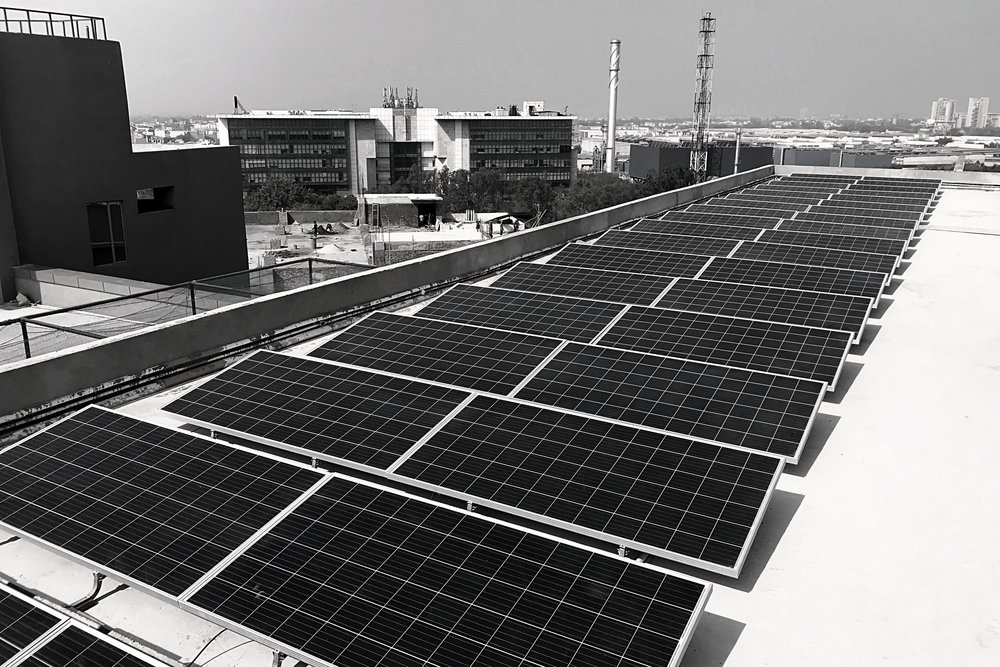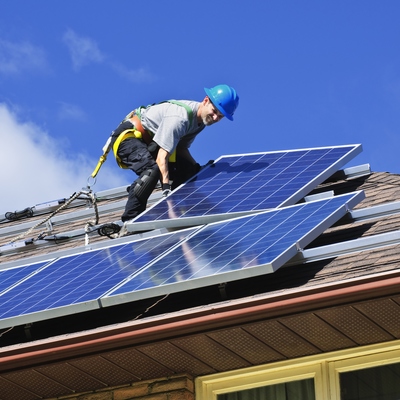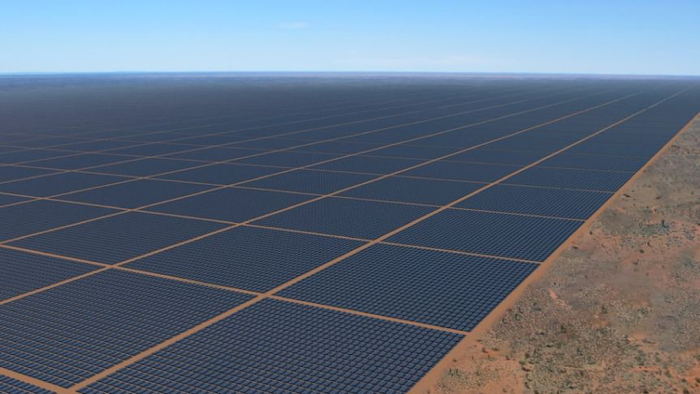
You need to think about several things when you are considering adding solar panels on to your existing system. These factors include space requirements, inverter size, and energy production. Additional permits may be required from your municipality. Ask your solar installer for advice on these matters.
Space
The first thing to do when you are considering adding solar panels onto your existing system is to determine how much space you have. Adding solar panels to your existing system is a great way to supplement your power production. You should make sure that the panels you choose are compatible with the system you have.
The space available to add solar panels depends on the size of your existing system and how many kWs you plan to add. You may need additional space if you are looking to add three kWs. You can use this space as a balcony or extension. You should consider how you will use the extra energy.
Inverter size
It is crucial to choose the right size inverter when adding solar panels onto an existing system. An inverter that is too large can result in lower peak output. Inverters of the wrong size will produce less power and ramp up/down more slowly during the afternoon.

An inverter should be the same size as the solar array size when adding solar panels. The system will be more efficient if the array is larger, as it can capture more energy each day.
Energy production
You can increase energy production by adding solar cells to an existing system. However, there are some things that you need to consider before making the decision. To ensure you get the best return on your investment, determine how many panels you will need and how much energy you require. You may only need a few panels so it is best to not add too many. Before you make this decision, consider the size of your roof as well as your budget.
You may not be eligible for the state's generous solar feed-in tariff if you have a solar system already. However, you can add additional panels to your system. Many times, the solar panels and battery bank are connected, making it simple to expand.
Reducing electricity bills
Solar panels can be added to existing systems to help you save money on electricity. You can use solar energy to generate energy and store it in a battery. The amount you save will depend on where you live and how much electricity your home uses. A home with a large number of gas appliances will typically use less electricity than homes that have mainly electric appliances. The amount of sunlight you get each day, how many solar panels you install and the labor costs will all impact your savings potential.
Although solar energy may lower your monthly bills, it won't work during the day. Solar panels that are exposed to the sun all day will produce more electricity than what you use. This difference will show up on your bill and you will receive credits for the excess electricity generated by solar panels. These credits are valid for up 12 months.

Assessing your energy consumption
Before adding solar panels to an existing system, it is important to assess your energy consumption. It will let you know how much solar power your system actually needs. A few questions are required to help you assess your needs. You will need to check your electric utility billing. It will typically show how many units you use per day.
Before you add solar panels to your system, evaluate how much energy is being used in a day. In most cases, solar energy will produce excess electricity that you can store in solar batteries and send back to the grid. You will become a net energy client, which means you will only pay for the electricity you generate, and not the electricity that you use.